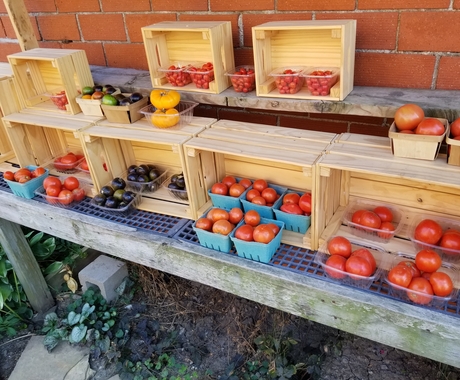By Kate Hansen, former staff member
In the years ahead, U.S. agriculture as we know it will be shaped by transitions. Recent figures show that 34% of our nation's farmers and ranchers are above the age of 65, and only 8% are younger than 35. Supporting the next generation of agricultural producers will be crucial to keeping people on the land, ensuring rural communities are vibrant, and strengthening our food system.
For beginning farmers and ranchers to be successful, they must be able to manage risk. One of the tools available to them is crop insurance, a series of federal programs that protect in the case of crop, livestock, or revenue loss.
A bill recently introduced in Congress by Iowa Rep. Randy Feenstra and Minnesota Rep. Angie Craig, the Crop Insurance for Future Farmers Act, would support beginning producers by making changes to how they are defined and assisted.
Most U.S. Department of Agriculture (USDA) agencies offer unique support to producers with less than 10 years of experience.
Yet, the agency that administers federal crop insurance caps beginning producers at five years of experience. This cuts the benefits available to them—such as waived administrative fees and the ability to build on crop records from a previous operator—in half.
Rep. Feenstra and Rep. Craig’s proposal would bring the crop insurance definition for beginning farmers and ranchers to 10 years, in line with other USDA programs. It would also increase subsidy assistance for a producer’s first few crop years. This means they would pay less for insurance coverage as they work to become profitable.
Sponsored by both a Republican and a Democrat, the changes prove agreeable on both sides of the political aisle. As members of Congress draft the farm bill, they should prioritize the next generation by including provisions of the Crop Insurance for Future Farmers Act.





